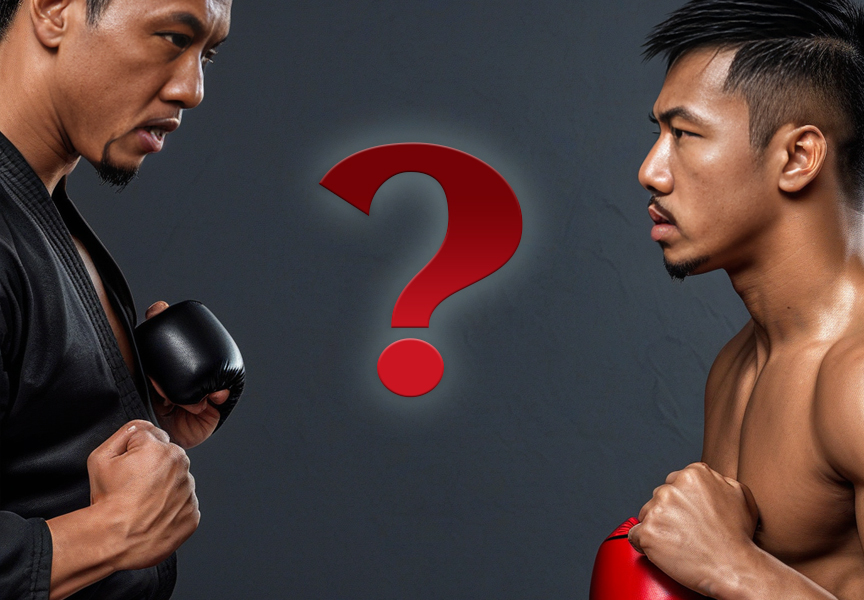Random Free Articles
- Evaluating the Necessity of Learning Martial Arts for Self-Defense

In a world where physical altercations can sometimes be unavoidable, the idea of learning a martial art for self-defense purposes seems logical and prudent. Many individuals are drawn to martial arts classes with the belief that acquiring combat skills will keep them safe in dangerous situations. However, before committing to rigorous training and dedicating time and resources to mastering a martial art, it's crucial to assess the…
- Ten Internal Principles of Shaolin Rouquan
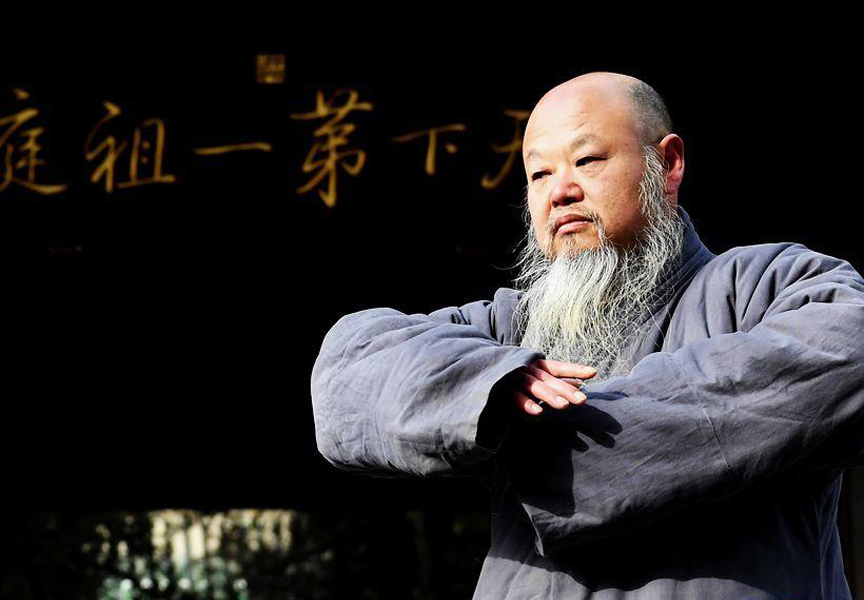
Shaolin Rouquan [Chin.: Shàolín Róu Quán 少林 柔拳 ], the ancient martial art form, encompasses a set of internal principles that are crucial to its practice. Once an individual has mastered the correct posture, they can delve into these internal aspects to deepen their understanding and enhance their skills. The following are ten fundamental principles of Shaolin Rouquan: 1. Circular and Spiraling Movement [Chin.: Yuán xíng hé…
- Taolu. The Artistry of Forms
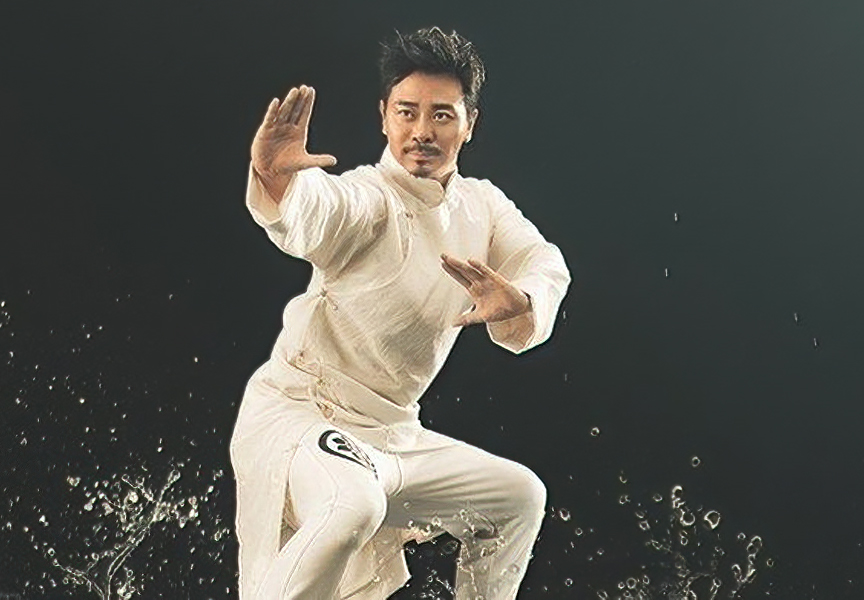
Martial arts, deeply rooted in ancient traditions and philosophies, embody a rich tapestry of physical prowess, mental discipline, and cultural significance. One of the distinctive elements in Chinese martial arts is the practice of "taolu" [Chin.: tàolù 套路], commonly known as forms. Taolu is not merely a choreographed sequence of movements; it is a dynamic expression of a martial artist's skill, showcasing a harmonious…
- Unveiling the Deep Culture of Shaolin
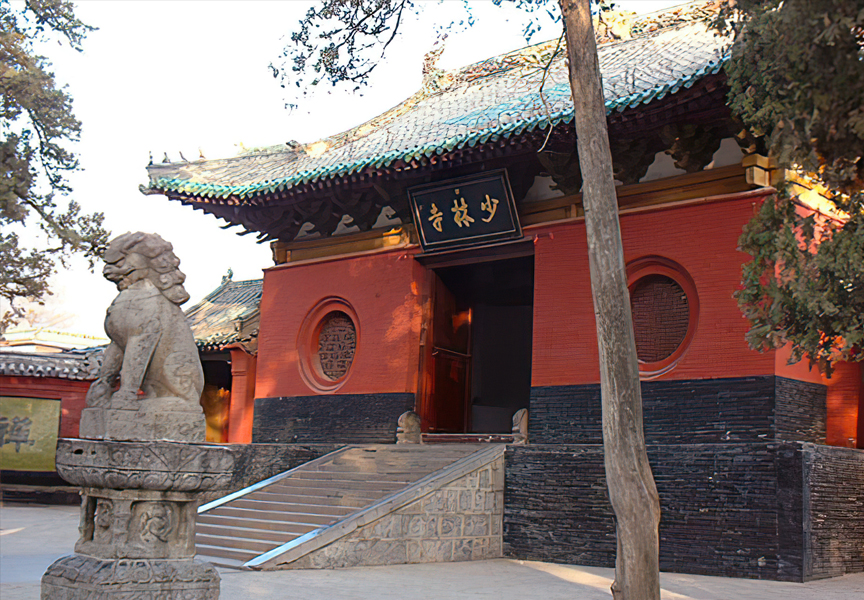
A Journey Through 15 Centuries of Spiritual and Physical Cultivation In the hustle and bustle of the modern age, where speed and efficiency often take precedence, it becomes imperative to take a step back and explore the profound wisdom embedded in ancient traditions. One such tradition that beckons us to delve into its deep culture is the Shaolin philosophy—a repository of primordial knowledge that has evolved over 15 centuries. In a world…
- Qualities of a True Martial Arts Master
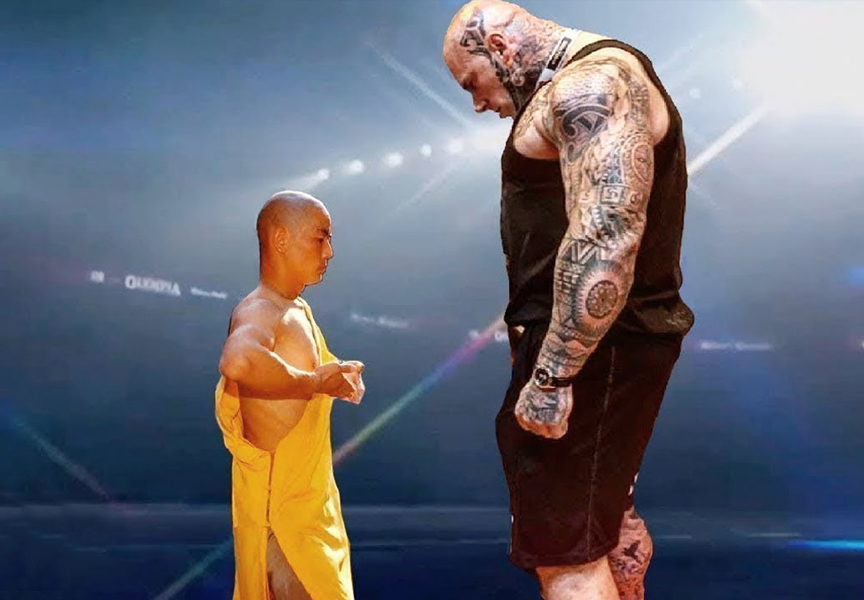
Martial arts is not just about physical prowess; it's a holistic discipline that encompasses mental, emotional, and spiritual growth. At the heart of every successful martial arts journey stands a master, a guiding light who possesses not only exceptional combat skills but also a myriad of qualities that inspire, teach, and transform their students. The qualities that define a true martial arts master go beyond technique and strength;…

